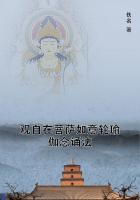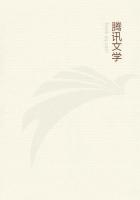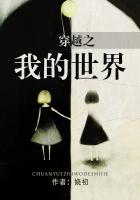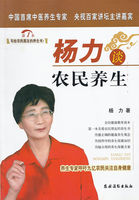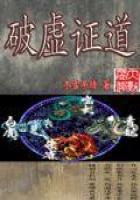being of the particular households. Some have greatly prospered, while others have become impoverished. That is one of the most characteristic consequences of the Emancipation. In the old times the general economic stagnation and the uncontrolled authority of the proprietor tended to keep all the households of a village on the same level. There was little opportunity for an intelligent, enterprising serf to become rich, and if he contrived to increase his revenue he had probably to give a considerable share of it to the proprietor, unless he had the good fortune to belong to a grand seigneur like Count Sheremetief, who was proud of having rich men among his serfs. On the other hand, the proprietor, for evident reasons of self-interest, as well as from benevolent motives, prevented the less intelligent and less enterprising members of the Commune from becoming bankrupt. The Communal equality thus artificially maintained has now disappeared, the restrictions on individual freedom of action have been removed, the struggle for life has become intensified, and, as always happens in such circumstances, the strong men go up in the world while the weak ones go to the wall. All over the country we find on the one hand the beginnings of a village aristocracy--or perhaps we should call it a plutocracy, for it is based on money--and on the other hand an ever-increasing pauperism. Some peasants possess capital, with which they buy land outside the Commune or embark in trade, while others have to sell their live stock, and have sometimes to cede to neighbours their share of the Communal property. This change in rural life is so often referred to that, in order to express it a new, barbarous word, differentsiatsia (differentiation) has been invented.
Hoping to obtain fuller information with the aid of official protection, I attached myself to one of the travelling sections of an agricultural Commission appointed by the Government, and during a whole summer I helped to collect materials in the provinces bordering on the Volga. The inquiry resulted in a gigantic report of nearly 2,500 folio pages, but the general conclusions were extremely vague. The peasantry, it was said, were passing, like the landed proprietors, through a period of transition, in which the main features of their future normal life had not yet become clearly defined. In some localities their condition had decidedly improved, whereas in others it had improved little or not at all.
Then followed a long list of recommendations in favour of Government assistance, better agronomic education, competitive exhibitions, more varied rotation of crops, and greater zeal on the part of the clergy in disseminating among the people moral principles in general and love of work in particular.
Not greatly enlightened by this official activity, I returned to my private studies, and at the end of six years I published my impressions and conclusions in the first edition of this work.
While recognising that there was much uncertainty as to the future, I was inclined, on the whole, to take a hopeful view of the situation. I was unable, however, to maintain permanently that comfortable frame of mind. After my departure from Russia in 1878, the accounts which reached me from various parts of the country became blacker and blacker, and were partly confirmed by short tours which I made in 1889-1896. At last, in the summer of 1903, I
determined to return to some of my old haunts and look at things with my own eyes. At that moment some hospitable friends invited me to pay them a visit at their country-house in the province of Smolensk, and I gladly accepted the invitation, because Smolensk, when I knew it formerly, was one of the poorest provinces, and I
thought it well to begin my new studies by examining the impoverishment, of which I had heard so much, at its maximum.
From the railway station at Viazma, where I arrived one morning at sunrise, I had some twenty miles to drive, and as soon as I got clear of the little town I began my observations. What I saw around me seemed to contradict the sombre accounts I had received.
The villages through which I passed had not at all the look of dilapidation and misery which I expected. On the contrary, the houses were larger and better constructed than they used to be, and each of them had a chimney! That latter fact was important because formerly a large proportion of the peasants of this region had no such luxury, and allowed the smoke to find its exit by the open door. In vain I looked for a hut of the old type, and my yamstchik assured me I should have to go a long way to find one. Then I
noticed a good many iron ploughs of the European model, and my yamstchik informed me that their predecessor, the sokha with which I had been so familiar, had entirely disappeared from the district.
Next I noticed that in the neighbourhood of the villages flax was grown in large quantities. That was certainly not an indication of poverty, because flax is a valuable product which requires to be well manured, and plentiful manure implies a considerable quantity of live stock. Lastly, before arriving at my destination, I
noticed clover being grown in the fields. This made me open my eyes with astonishment, because the introduction of artificial grasses into the traditional rotation of crops indicates the transition to a higher and more intensive system of agriculture.
As I had never seen clover in Russia except on the estates of very advanced proprietors, I said to my yamstchik:
"Listen, little brother! That field belongs to the landlord?"
"Not at all, Master; it is muzhik-land."

